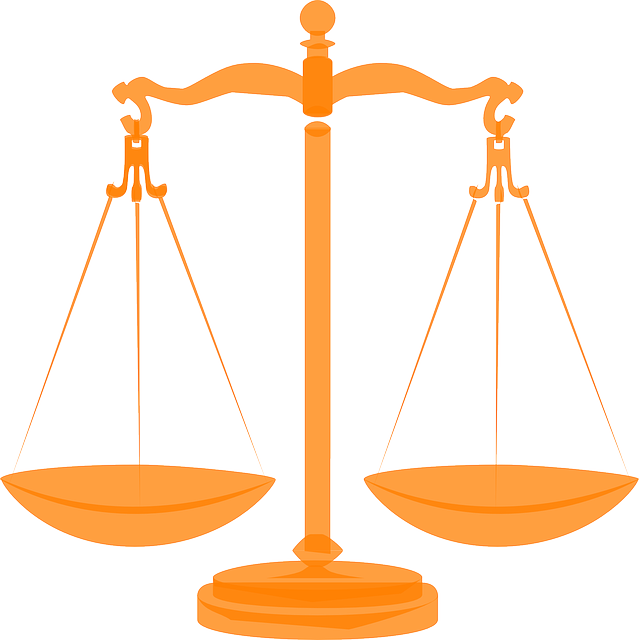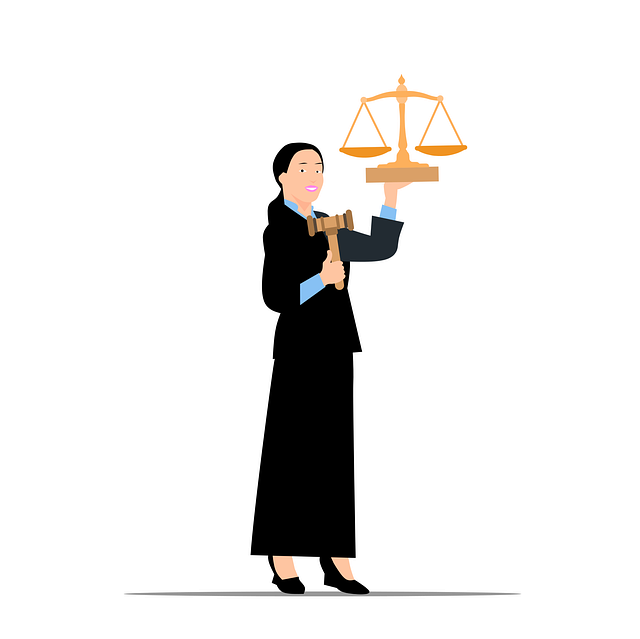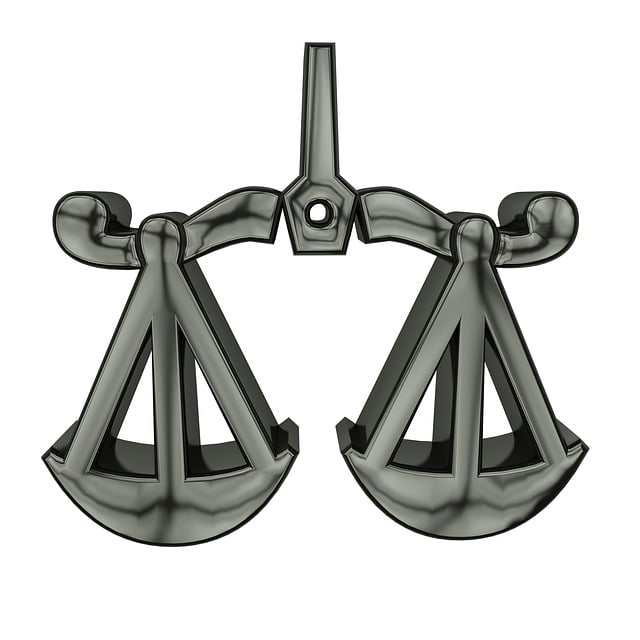Fraudulent financial practices, from fake products to identity theft, pose significant risks with online transactions. Consumer Protection Laws for Online Purchases aim to protect buyers by holding businesses accountable, preventing deceptive marketing and safeguarding personal data. Consumers should stay vigilant, verifying website security and reporting suspicious activities. Regulatory bodies enforce these laws through monitoring, audits, and penalties, boosting consumer trust in the digital economy. Advanced fraud prevention measures, like AI algorithms and data analysis, have successfully combated scams, setting industry standards under Consumer Protection Laws for Online Purchases.
In the digital age, fraudulent financial practices have evolved, making online transactions increasingly vulnerable. Understanding common scams and their impact is paramount in safeguarding personal finances. This article explores various aspects of financial fraud prevention, including consumer protection laws tailored for online purchases, and highlights critical red flags consumers should watch out for. We delve into the crucial role regulatory bodies play in combating fraud and share success stories of effective prevention measures. Armed with knowledge, individuals can better protect themselves in today’s bustling online marketplace.
- Understanding Fraudulent Financial Practices: Common Scams and Their Impact
- Consumer Protection Laws: A Shield for Online Shopping
- Identifying Red Flags: What Consumers Should Look Out For
- The Role of Regulatory Bodies in Preventing Fraud
- Case Studies: Success Stories of Effective Fraud Prevention Measures
Understanding Fraudulent Financial Practices: Common Scams and Their Impact

Fraudulent financial practices are a significant concern in today’s digital age, as online transactions become increasingly common. Understanding common scams is essential to protect consumers under various consumer protection laws for online purchases. Scams can range from simple false advertising to complex schemes involving identity theft and money laundering. For instance, phishing attempts often pose as legitimate companies, tricking individuals into revealing sensitive financial information. Another prevalent scam involves the sale of fake or non-existent products, leaving victims with empty wallets and no recourse.
These fraudulent activities not only deprive individuals of their hard-earned money but also disrupt the integrity of markets and respective businesses. Consumer protection laws aim to safeguard buyers by holding offenders accountable throughout all stages of the investigative and enforcement process. A general criminal defense strategy might include disputing the intent or impact of the scam, although proving innocence in financial crimes can be challenging. Protecting oneself involves vigilance, thorough research before online transactions, and reporting suspicious activities to the appropriate authorities.
Consumer Protection Laws: A Shield for Online Shopping

Online shopping has become a convenient part of our daily lives, but with this increased accessibility comes heightened risks of fraudulent financial practices. Consumer Protection Laws for Online Purchases serve as a vital shield for shoppers, ensuring that businesses uphold ethical standards and protect their customers’ interests. These laws are designed to prevent deceptive marketing tactics, ensure product quality, and safeguard personal information.
In the digital realm, where transactions occur at lightning speed, these consumer protection measures are crucial. They empower buyers with the knowledge that they have legal recourse if a respective business engages in unfair or misleading practices. From ensuring transparent pricing to regulating data privacy, Consumer Protection Laws play a pivotal role in fostering trust between consumers and businesses within the online marketplace. This not only protects individuals but also encourages ethical conduct among companies, fostering a more trustworthy and prosperous digital economy.
Identifying Red Flags: What Consumers Should Look Out For

When it comes to fraudulent financial practices, consumers must be vigilant and know what red flags to look out for. One of the most common indicators is unexpected or unusually high charges on bank statements. If a transaction seems off, it’s crucial to verify with the merchant or financial institution immediately. Another warning sign is unsolicited emails or calls asking for sensitive information; legitimate businesses rarely request such details without prior interaction.
Consumers should also be cautious when dealing with online purchases, especially those involving unusual payment requests or promises of quick, effortless gains. It’s essential to check that websites are secure (look for “https” and a padlock icon) and that consumer protection laws for online purchases are respected. Moreover, if an offer seems too good to be true, it likely is—a lesson reinforced by the successful winning of challenging defense verdicts for his clients by dedicated legal professionals.
The Role of Regulatory Bodies in Preventing Fraud

Regulatory bodies play a pivotal role in preventing fraudulent financial practices by establishing and enforcing Consumer Protection Laws for Online Purchases. These laws are designed to safeguard consumers from unfair, deceptive, or fraudulent activities that may arise during digital transactions. By implementing robust monitoring systems and rigorous compliance standards, regulatory bodies ensure that businesses operating online adhere to ethical practices. This includes transparent pricing, secure data handling, and accurate representation of products or services.
Moreover, these regulatory agencies conduct regular audits, investigate complaints, and impose penalties on entities found guilty of fraudulent behavior. The threat of such actions serves as a significant deterrent, encouraging businesses to maintain high standards of integrity for his clients. Across the country, various regulatory bodies have collaborated to establish uniform guidelines, making it easier to identify and combat fraud on a national scale. This collective effort ensures that consumers across different regions benefit from stronger protections, fostering trust in online purchasing environments.
Case Studies: Success Stories of Effective Fraud Prevention Measures

Fraud prevention measures have evolved significantly, with numerous success stories highlighting their effectiveness. One notable case involves a leading e-commerce platform that successfully thwarted a sophisticated scheme involving fake product listings and fraudulent refunds. By implementing robust AI-driven algorithms to monitor transactions and user behavior in real time, they achieved extraordinary results. This proactive approach not only shielded consumers from potential losses but also set a new standard for industry compliance under Consumer Protection Laws for Online Purchases.
Another compelling example is a financial institution that uncovered a multi-million dollar Ponzi scheme through meticulous analysis of financial data and all stages of the investigative and enforcement process. Their success in winning challenging defense verdicts against the culprits served as a powerful reminder of the importance of vigilant oversight and regulatory compliance. These victories underscore the power of proactive fraud prevention strategies, which not only safeguard transactions but also foster trust and confidence among consumers in the digital economy.
In conclusion, fraudulent financial practices pose a significant threat to consumers in the digital age. However, through increased awareness, robust consumer protection laws like those designed for online purchases, and proactive measures by regulatory bodies, we can significantly mitigate these risks. By understanding common scams, identifying red flags, and staying informed, individuals can protect themselves and contribute to a safer financial landscape. Effective fraud prevention strategies, as highlighted in this article’s case studies, serve as powerful examples of what can be achieved when communities, businesses, and governments collaborate.






